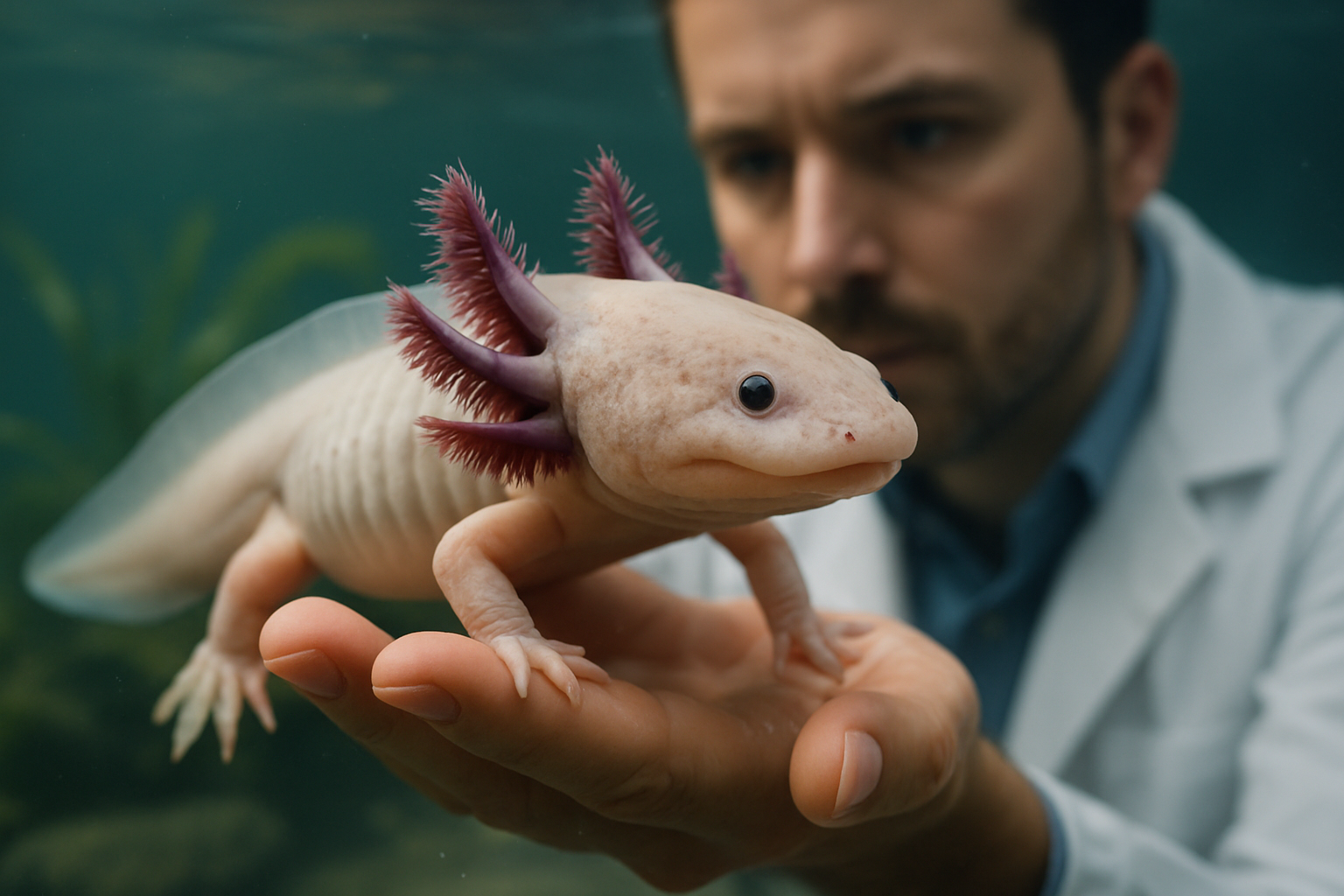The Surprising Intelligence of African Cichlids
Dive into the fascinating world of African cichlids, where vibrant colors meet unexpected cognitive abilities. These freshwater fish, native to the great lakes of Africa, are not just a feast for the eyes but also a marvel for scientists studying animal intelligence. From problem-solving skills to complex social behaviors, African cichlids are redefining what we thought we knew about fish cognition.

A Colorful Introduction to African Cichlids
African cichlids are a diverse group of fish species found primarily in the Great Lakes of Africa - Lake Malawi, Lake Tanganyika, and Lake Victoria. Known for their striking colors and unique body shapes, these fish have long been popular in the aquarium trade. However, recent research has revealed that their beauty is more than skin deep. African cichlids possess remarkable cognitive abilities that challenge our understanding of fish intelligence.
The Cognitive Prowess of African Cichlids
Scientists have discovered that African cichlids display problem-solving skills comparable to those of some mammals and birds. In laboratory tests, these fish have demonstrated the ability to learn from observation, remember past experiences, and apply that knowledge to new situations. For example, researchers found that cichlids could quickly learn to associate certain symbols with food rewards, and even transfer this learning to new contexts.
Social Intelligence and Communication
One of the most intriguing aspects of African cichlid intelligence is their complex social behavior. These fish live in hierarchical societies where individuals must navigate intricate social dynamics. They use a variety of visual and chemical cues to communicate with each other, establishing and maintaining social hierarchies. Some species even engage in cooperative breeding, where non-breeding individuals help care for the offspring of others - a behavior once thought to be limited to more advanced vertebrates.
Tool Use and Environmental Manipulation
Contrary to the popular belief that tool use is limited to higher vertebrates, some species of African cichlids have been observed using objects in their environment to achieve goals. For instance, certain cichlid species have been seen using leaves as platforms for laying eggs, effectively creating mobile nests that can be moved to safer locations if threats arise. This level of environmental manipulation suggests a degree of cognitive flexibility previously unrecognized in fish.
Memory and Spatial Awareness
African cichlids possess impressive memory capabilities, particularly when it comes to spatial awareness. Studies have shown that these fish can create mental maps of their environment, remembering the locations of food sources, hiding spots, and the territories of other fish. This spatial memory allows them to navigate complex underwater landscapes efficiently and avoid potential dangers.
Implications for Fish Cognition Research
The discoveries about African cichlid intelligence are prompting scientists to reevaluate their understanding of fish cognition as a whole. These findings suggest that the cognitive abilities of fish may be far more advanced than previously thought, potentially closing the gap between fish and other vertebrates in terms of intelligence. This research has important implications for animal welfare, conservation efforts, and our broader understanding of the evolution of intelligence in the animal kingdom.
Impact on the Aquarium Trade
The revelations about African cichlid intelligence are also influencing the aquarium trade. As awareness grows about the cognitive capabilities of these fish, there’s an increasing demand for larger, more complex aquarium setups that can provide adequate mental stimulation. Prices for African cichlids can vary widely, ranging from $5 to $100 or more for rare or particularly colorful specimens. The market for specialized cichlid aquariums and accessories is also expanding, with some enthusiasts investing thousands of dollars in elaborate setups designed to mimic the natural habitats of these intelligent fish.
Challenges in Cichlid Conservation
Despite their popularity in the aquarium trade, many species of African cichlids face significant threats in their natural habitats. Pollution, overfishing, and the introduction of invasive species have led to declining populations in the African Great Lakes. Conservation efforts are underway, but the unique evolutionary history of these fish - with many species endemic to specific lakes or even specific areas within lakes - makes their protection particularly challenging.
Future Directions in African Cichlid Research
As our understanding of African cichlid intelligence grows, so too does the potential for further research. Scientists are now exploring questions about the evolution of intelligence in these fish, the neurological basis for their cognitive abilities, and how their intelligence compares to that of other fish species. There’s also growing interest in studying how cichlid intelligence might be applied to fields such as robotics and artificial intelligence, potentially leading to new bio-inspired technologies.
In conclusion, the discovery of remarkable intelligence in African cichlids is reshaping our understanding of fish cognition and animal intelligence as a whole. These colorful inhabitants of Africa’s great lakes are proving to be not just beautiful, but also brainy, challenging us to reconsider our assumptions about the cognitive capabilities of fish. As research continues, African cichlids may well become key players in our quest to understand the evolution and nature of intelligence in the animal kingdom.






